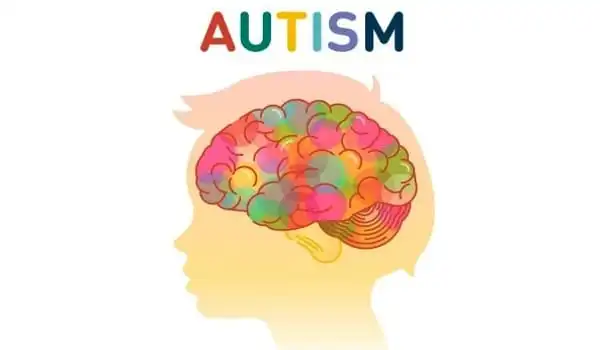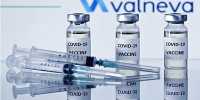Researchers discover that elevated levels of particular immune system chemicals at birth are connected with the likelihood of autism spectrum disease, laying the framework for a screening test. The researchers discovered molecular traces of fetal inflammation that appear to be autism risk indicators. The immunological markers were found in both maternal blood samples taken during pregnancy and umbilical cord blood from infants later diagnosed with an autism spectrum disorder.
A comprehensive study conducted by researchers at Columbia University Mailman School of Public Health and the Norwegian National Institute of Public Health discovered molecular markers of fetal inflammation that are linked to the chance of developing autistic spectrum disorder (ASD). These discoveries, which shed light on aberrant brain development, could potentially lead to the development of a test to screen for ASD at birth. The findings have been published in the journal Molecular Psychiatry.
Autism spectrum disorders (ASDs) are a diverse group of illnesses caused by a combination of genetic predisposition and environmental variables. Efforts to develop accurate biomarkers in genetics, neuroimaging, gene expression, and measures of the body’s metabolism are growing in an effort to better target the underlying causes of ASD for diagnosis and therapy.
Our findings point to a vulnerable phase during pregnancy when inflammation can interfere with central nervous system development. We discovered immune signatures in mid-pregnancy blood samples from mothers and umbilical cord blood from children later diagnosed with autism that correlate with responses to infection and molecules important for the development of the brain and its blood supply.
Xiaoyu Che
The current study adds to the growing body of data that prenatal inflammation increases the likelihood of ASD. Previously, the researchers linked ASD risk to prenatal exposure to maternal fever, as well as influenza and herpesvirus type 2 infection – two of several putative triggers for maternal inflammation and ASD.
The presence of 60 molecular indicators of immunological response, such as cytokines and growth factors, was examined in the new study. Blood samples were collected from 957 children, about half of whom were eventually diagnosed with ASD, during pregnancy (maternal mid-gestational blood sample) and at birth (cord blood).
The study connected ASD risk to clusters of inflammation-related chemicals, with distinct clusters observed in boys and girls. Interleukins such as IL1RA and IL4 were among the most prognostic molecules. TNFα, Serpin E1, VCAM1, and IL1β are four chemicals hypothesized to be important in prenatal brain development that have been associated to ASD risk in both sexes. Biomarkers taken at delivery were only marginally less predictive than those taken during pregnancy.

“Our findings point to a vulnerable phase during pregnancy when inflammation can interfere with central nervous system development,” explains first author Xiaoyu (Jason) Che, Ph.D., assistant professor of biostatistics at the Center for Infection and Immunity at Columbia Mailman School.
“We discovered immune signatures in mid-pregnancy blood samples from mothers and umbilical cord blood from children later diagnosed with autism that correlate with responses to infection and molecules important for the development of the brain and its blood supply,” says study co-first author Mady Hornig, MD, associate professor of epidemiology at Columbia Mailman School.
“This work demonstrates the particular power of prospective cohorts for revealing illness roots,” says Ezra Susser, professor of epidemiology and psychiatry.
A fundamental issue in discovering biomarkers in ASD is that biomarkers may reflect genetic and neurobiological alterations or epigenetic processes that are active only at specific times and do not characterize the illness, merely the process that led to it. Furthermore, treatment research should ideally include biomarkers that are thought to predict improvements in clinical symptoms from clinical interventions in order to determine whether an intervention is altering or targeting an active biomedical process that is related to response in the subject at that time.
“This publication is the result of more than 20 years of data and sample collection and analysis with our colleagues at the Norwegian Institute of Public Health. Our future study will focus on identifying inflammation triggers and the linkages between those triggers and genetic susceptibility “W. Ian Lipkin, John Snow Professor of Epidemiology and neurology and pathology professor, made the statement.
About the Autism Birth Cohort (ABC) Study
The Autism Birth Cohort (ABC) study was carried out within a large Norwegian cohort of over 100,000 children who had been observed since before birth. ABC is a collaboration between researchers at the Norwegian National Institute of Public Health (NIPH) and the Columbia Mailman School, and it is directed by a Steering Committee of four people: Camilla Stoltenberg and Per Magnus in Norway, and Ian Lipkin and Ezra Susser at Columbia. “The ABC project is unusual in terms of the scale, depth, and breadth of both biological and social data on ASD,” Susser said.















